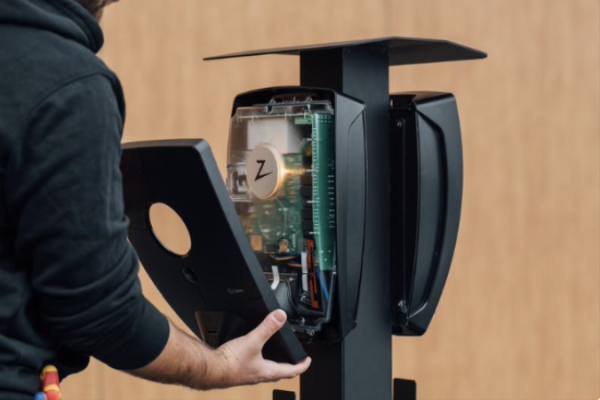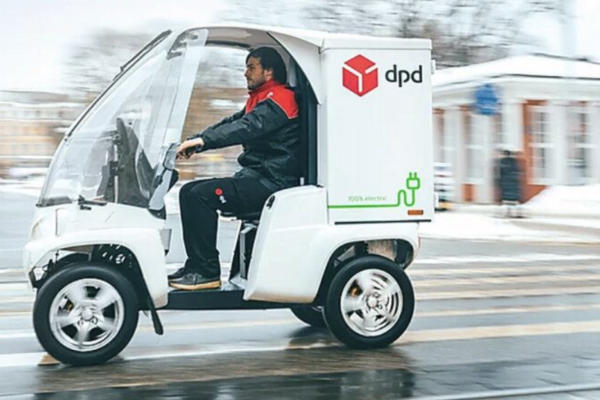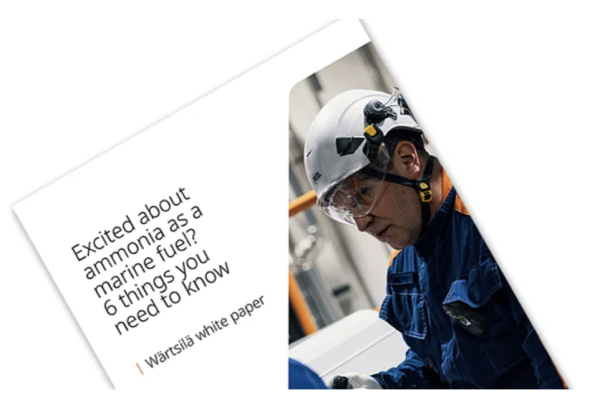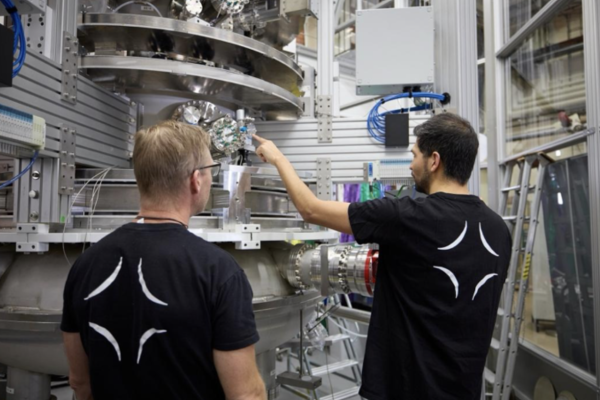In recent years, the aviation industry has been under increasing pressure to address its environmental impact. With concerns about climate change mounting, there has been a growing demand for sustainable alternatives to traditional fossil fuel-powered aircraft. In response to this need, companies like Heart Aerospace have emerged as pioneers in the development of electric aircraft.
Heart Aerospace, a Swedish startup founded in 2018, is one of the companies at the forefront of the electric aviation. The company’s flagship project is the ES-19, a nineteen-seater electric aircraft designed for short-haul flights. The ES-19 promises to revolutionise regional air travel by offering a clean and efficient alternative to conventional planes.
Electric aircraft significantly reduce the carbon footprint by eliminating the need for fossil fuels. Electric planes produce zero emissions during flight, making them an attractive option for environmentally conscious travellers and airlines alike. Additionally, electric propulsion is quieter than traditional engines, reducing noise pollution in airport communities.
The ES-19 has a range of up to 400 kilometres on a single charge and a cruising speed of 300 kilometres per hour. These capabilities make it well-suited for short-haul routes, such as those between regional airports or within island nations. Moreover, the aircraft’s electric propulsion system requires less maintenance than traditional engines, resulting in lower operating costs for airlines.
However, the widespread adoption of electric aircraft faces several challenges, including regulatory hurdles and infrastructure limitations. Commercial viability depends on the development of supporting infrastructure, such as charging stations and battery recycling facilities. Additionally, aviation regulators must establish safety standards and certification processes for electric aircraft to ensure airworthiness.
Despite these challenges, Heart Aerospace remains optimistic about the future for electric aviation. A new funding round this year has brought the total financing raised by them Heart Aerospace since inception to $145 million. Their investors include Sagitta Ventures, a Danish investor focused on early-stage companies, Air Canada, Breakthrough Energy Ventures, European Innovation Council Fund, EQT Ventures, Lowercarbon Capital, Norrsken VC, United Airlines, and Y Combinator.




